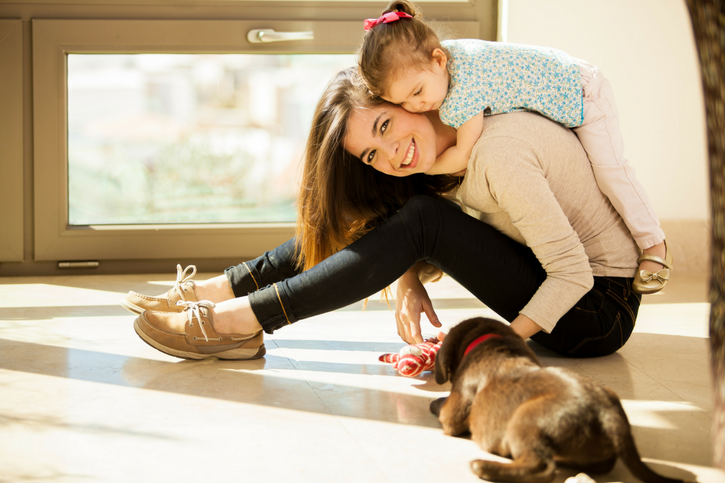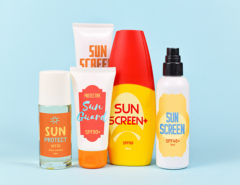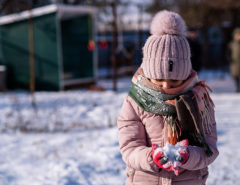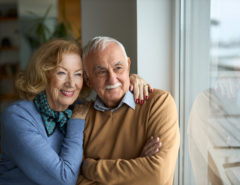Trusting someone else to watch your child can be difficult. Know that the Maryland Poison Center has your back. Poisonings are most common in kids, and most of the time they happen at home. So before you go out for date night, here are some important things to do and talk about with your babysitter.
Include the Poison Center on your emergency contact list
Chances are your emergency contact list already includes your cell phone number and the number for your doctor’s office. But is your pediatrician even available at the times your babysitter is normally with your kids? The poison center is open 24/7 – that includes nights and weekends. Our specialists give free advice, and they have experience talking to siblings, babysitters, and caregivers of all kinds.
Remind your babysitter that in case of any poison emergency, you want them to call the poison center at 1-800-222-1222 and then call you. Your sitter might want to call if your child…
- Swallowed a magnet or coin
- Got into the medicine cabinet
- Splashed soap in the eye during bath time
- Ate a plant while playing outside (more on that below)
- Got stung or bitten by a bug or other critter
If your babysitter or nanny takes your kids out for adventures, have them program 1-800-222-1222 into their phone. The poison center can go anywhere you go, including the park or the zoo.
Write down how much your child weighs
One of the first things our nurses and pharmacists ask when they answer a call is how much the person weighs. That’s because how serious an exposure might be depends on the substance itself as well as the size of the person exposed. Guessing how much someone weighs is difficult, so leave your child’s weight on your emergency contact list too. It doesn’t need to be exact, but an estimate from you will be more exact than a guess from a babysitter.
Provide a safe place to store purses or bags
You may have baby-proofed your purse, but chances are your guests will walk in to your home with a bag of treasures. Give your babysitters a safe place to store any belongings. This protects their stuff as well as your kids. Medicines, cosmetics, and art supplies can all be poison hazards. Plus coins and small toys are choking hazards.
Talk about medicine safety
Most tweens and teens are just learning how to give themselves medicine. In fact, only 54% of tweens know that over the counter medicines can be dangerous if not used the correct way (Read more here.). Even if your sitter is an adult, talk about any special instructions for medicine and do not assume a sitter is familiar with how much medicine to give.
Double-check your storage locations
Make sure that all your medicines, personal care products, and cleaners are stored properly out of sight and out of reach. By double-checking that everything is stored securely before you go, it is one less thing for your babysitter to worry about. Need a hand with poison-proofing? Check out our guide.
Point out poisonous plants
If you know you have poisonous plants inside or outside your home, point them out. Not sure if your plants are poisonous? Download our poison plant list here.
Whether your babysitter is a grandparent or the teen next door, keep these tips in mind. Looking for more information to share? Check out this information sheet specifically for babysitters and information on what to expect when you call us.





Leave a Reply